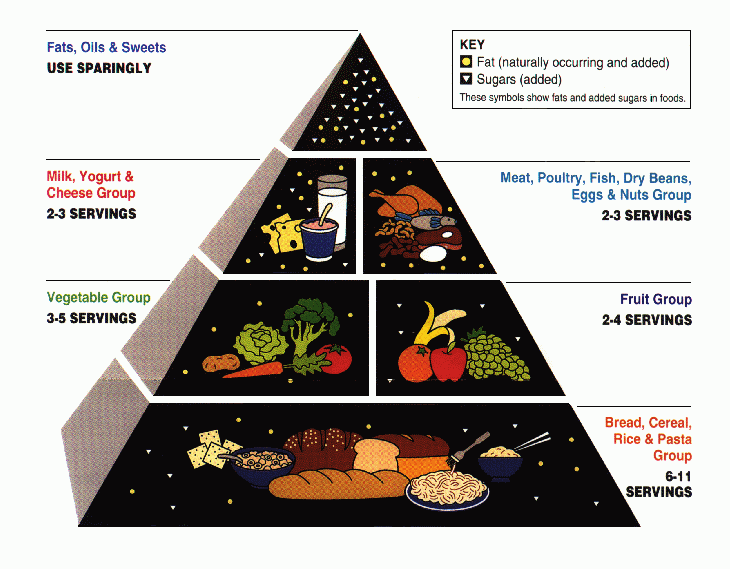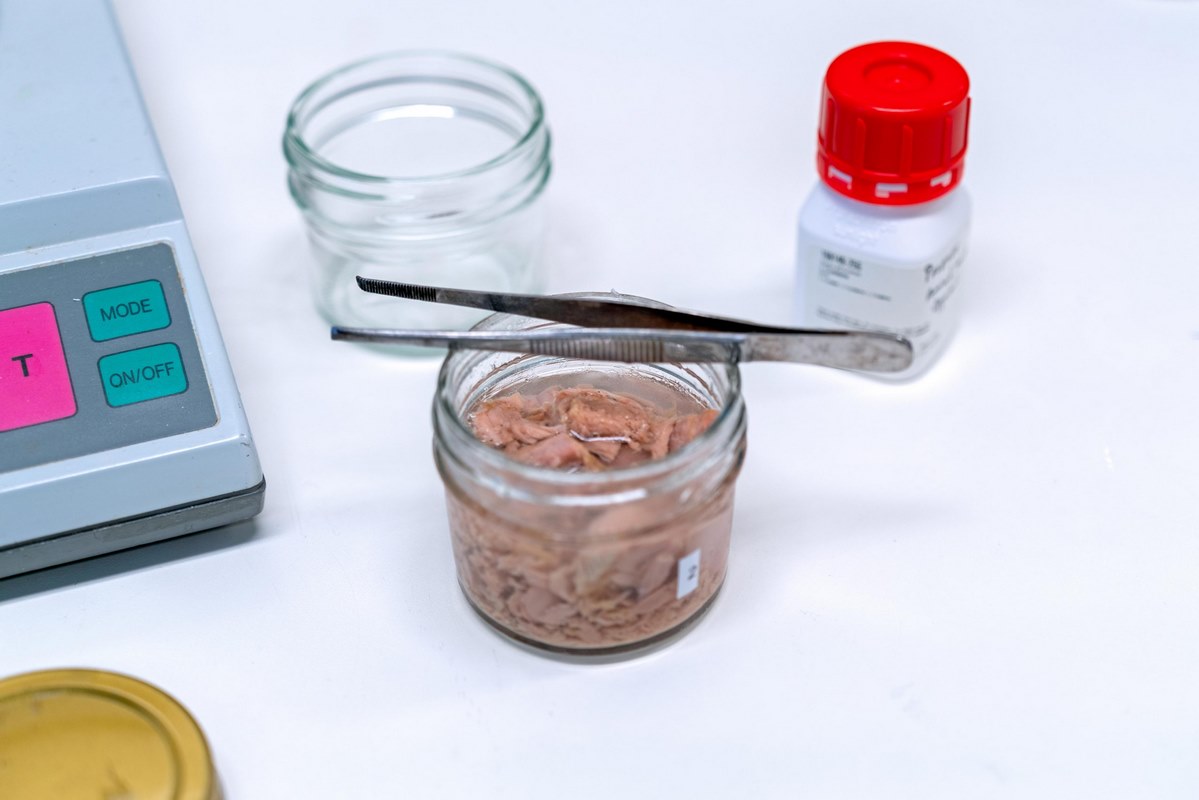The National Institutes of Health (NIH) is preparing to embark on a 10-year multi-lateral research project to conduct the single largest controlled nutrition study in American history.
Launched as part of the 2020-2030 Strategic Plan for NIH Nutrition Research, 10,000 Americans will be analyzed for every necessary metric to create a sense of “precise nutrition”, with the project attracting all manner of institutions, and over $1 billion in funding.
Factors like micro and macro nutrient profiles, dietary habits, exercise and sleep, gut microbiome influence, genetics, supplementation, as well as sociological and geographic data will all be put into an artificial intelligent system that will, in theory, produce a plan of precise nutrition that will be more or less accurate for each individual human.
“The unifying theme of the 2020-2030 Strategic Plan is precision nutrition,” Dr. Christopher Lynch, co-coordinator for the Nutrition for Precision Health program told World at Large.
“The Nutrition for Precision Health… program is designed to implement aspects of the NIH Strategic Plan for Nutrition Research, particularly the objective to develop and validate algorithms to predict what we should eat”.
The scale of the program is massive, and includes the NIH’s offices of nutrition research and the All of Us genetics cohort, but also the National Institutes for Child Health and Human Development, Diabetes and Digestive and Kidney Diseases, Heart, Lung, and Blood, and Cancer, as well as 11 other separate institutions.
PICTURED: The original 1991 USDA Food Pyramid.
A new paradigm
Long gone are the days of the disastrous government food pyramid, a standardized and bribe-laden diet that exposed a generations of Americans to greatly increased risks of cardiometabolic diseases.
Now there are almost as many patterns of eating as there are foods to eat, and with disciplines like neuroscience, genetics, exercise physiology, and the study of the human microbiome jumping into the nutrition studies fray, it is becoming increasingly difficult to take all factors into account when prescribing a diet, or formulating one for oneself.
It takes only a few years of adult life to realize that we are all different, and that patterns of sleep, dietary choices and more, affect everyone differently.
The 5-year, $156 million Nutrition for Precision Health study will consist of a large body of trial participants split among several different study modules, while piggybacking on research data from the NIH’s huge genomics and health data survey of 272,000 participants, called All of Us.
10,000 of these All of Us participants will wear continuous monitors which will keep track of physical activity and blood sugar, record what they eat, and visit clinical centers to perform trials or consume specific foods. A subset of 500 of these trialists will live at metabolic wards or clinical feeding centers to eat one of three specifically controlled diets for two weeks.
“The data we collect across the 3 modules will be analyzed holistically to create algorithms that predict individual responses to the greatest number of foods, nutrients, or dietary patterns possible,” explains Dr. Holly Nicastro, another co-coordinator for the Nutrition for Precision Health program. “The rigorous study designs are critical, but we need to also recognize that people do not eat defined dietary patterns in the real world”.
A decade of work decades in the making
“We expect enrollment will begin early in 2023,” says Dr. Felicia Qashu, program leader for the Nutrition for Precision Health Program. “While we’re initially targeting 10,000 participants, the total number enrolled will be dependent on the final protocol developed by awardees in the first year of the program, recruitment and retention rates, and availability of funds”.
With decades of nutrition research available to them, the study coordinators can ensure that no stones are left unturned. By tracking everything from smoking habits to DNA mutations to Zip codes, “we are removing a lot of that ‘noise’ that we had for years, created by the factors that we were not measuring before,” Tufts University nutrition scientist José Ordovás, told Science Magazine.
Once the study is finished, it will present one of the largest internationally available databases of health metrics in the field, allowing any research institute the world over to access it for their own nutrition work. The All of Us data is widely race-divergent, and 50% of the current participants are from ethnic groups other than the U.S. majority of white European.
Nutrition for Precision Health coordinators declined to mention if data would be drawn from exercise enthusiasts or athletes at either the professional or amateur level.
If successful, the AI-formulated dietary suggestions could form the backbone of an entirely different nutrition science field, with researchers looking at certain dietary dynamics for much more specific effects, such as aging, or cancer mitigation, rather than physical and metabolic well-being as a whole; truly a monumental paradigm shift.




